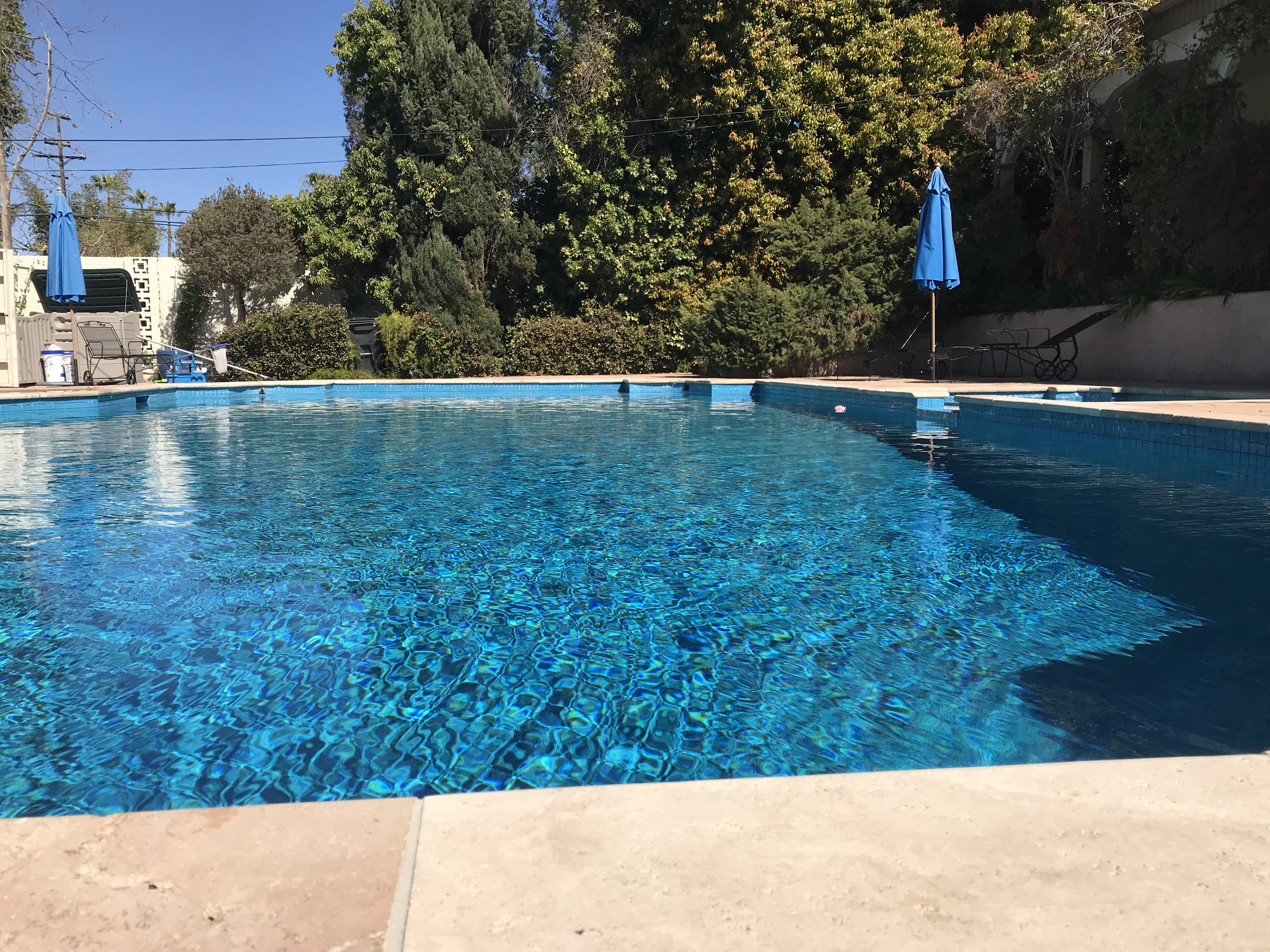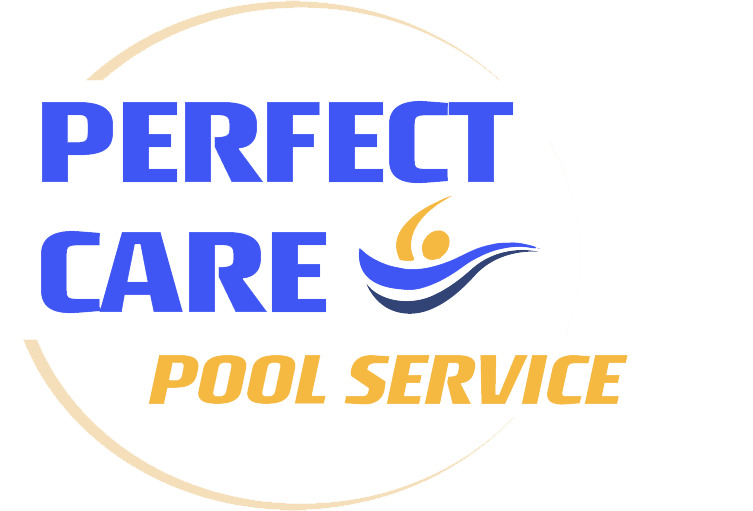
A Guide to Keeping Your Pool Sparkling Clean
Maintaining the perfect pool water isn’t just about aesthetics—it’s about ensuring safety, comfort, and longevity for your pool and its users. Understanding the chemistry of pool water is key to achieving this balance. From pH levels to sanitizers, here’s a deep dive into the science behind crystal-clear swimming pools.
Why Pool Water Chemistry Matters
Pool water chemistry is crucial for several reasons:
- Safety: Proper balance prevents harmful bacteria and algae from growing.
- Comfort: Imbalanced water can irritate skin and eyes or damage swimwear.
- Equipment Longevity: Correct chemistry protects pool equipment from corrosion or scaling.
The Key Components of Pool Water Chemistry
1. pH Levels
- What is pH?
- pH measures how acidic or basic your pool water is on a scale of 0 to 14.
- Ideal range: 7.2 to 7.8.
- Why It’s Important:
- If pH is too low (acidic), it can corrode pool surfaces and irritate swimmers’ skin.
- If pH is too high (basic), it can cause scaling and reduce the effectiveness of chlorine.
2. Sanitizers (Chlorine or Alternatives)
- Chlorine:
- Most common sanitizer that kills bacteria, algae, and viruses.
- Ideal free chlorine level: 1-3 ppm (parts per million).
- Alternatives:
- Bromine: More stable in warm water but less effective under sunlight.
- Saltwater Systems: Use electrolysis to generate chlorine naturally.
3. Total Alkalinity (TA)
- What is TA?
- A buffer that stabilizes pH levels.
- Ideal range: 80-120 ppm.
- Why It’s Important:
- Low alkalinity can cause pH to fluctuate, while high alkalinity can lead to cloudy water and scaling.
4. Calcium Hardness
- What is Calcium Hardness?
- Measures the amount of calcium dissolved in the water.
- Ideal range: 200-400 ppm.
- Why It’s Important:
- Low calcium hardness can cause plaster or grout to erode.
- High calcium hardness can lead to scaling on pool surfaces and equipment.
5. Cyanuric Acid (CYA)
- What is CYA?
- A stabilizer that protects chlorine from being broken down by sunlight.
- Ideal range: 30-50 ppm for outdoor pools.
- Why It’s Important:
- Too little CYA means chlorine dissipates quickly.
- Too much CYA can render chlorine ineffective, leading to algae blooms.
6. Total Dissolved Solids (TDS)
- What are TDS?
- A measure of all dissolved substances in the pool water, including salts, minerals, and other contaminants.
- Ideal range: below 1,500 ppm.
- Why It’s Important:
- High TDS can lead to murky water and poor sanitizer performance.
Balancing Pool Chemistry: Tips and Best Practices
- Test Regularly:
- Use test strips or a digital water tester to monitor chemical levels weekly.
- Adjust Gradually:
- Always add chemicals in small amounts and retest to avoid overshooting the desired levels.
- Follow the Order:
- When balancing pool water, adjust alkalinity first, then pH, and finally calcium hardness.
- Circulate and Filter:
- Run the pump regularly to ensure even distribution of chemicals.
- Shock Your Pool:
- Periodically add a higher dose of sanitizer to destroy contaminants, especially after heavy use or rainstorms.
Common Pool Water Problems and Solutions
- Cloudy Water:
- Cause: High pH, high alkalinity, or insufficient filtration.
- Solution: Check and adjust pH, run the filter longer, and consider using a clarifier.
- Algae Growth:
- Cause: Low chlorine levels or poor circulation.
- Solution: Shock the pool, scrub surfaces, and run the pump continuously.
- Irritated Eyes or Skin:
- Cause: Imbalanced pH or excessive chlorine.
- Solution: Test and adjust pH to the ideal range.
The Role of Professional Help
While maintaining pool chemistry can be manageable with regular testing and adjustments, sometimes complex issues require expert intervention. A professional pool service can:
- Diagnose persistent problems.
- Provide detailed water analysis.
- Ensure the long-term health of your pool and equipment.
Conclusion
Understanding and maintaining proper pool water chemistry ensures a safe, enjoyable swimming experience while protecting your investment. With the right balance of pH, sanitizers, and other key factors, your pool will remain inviting and healthy year-round.

